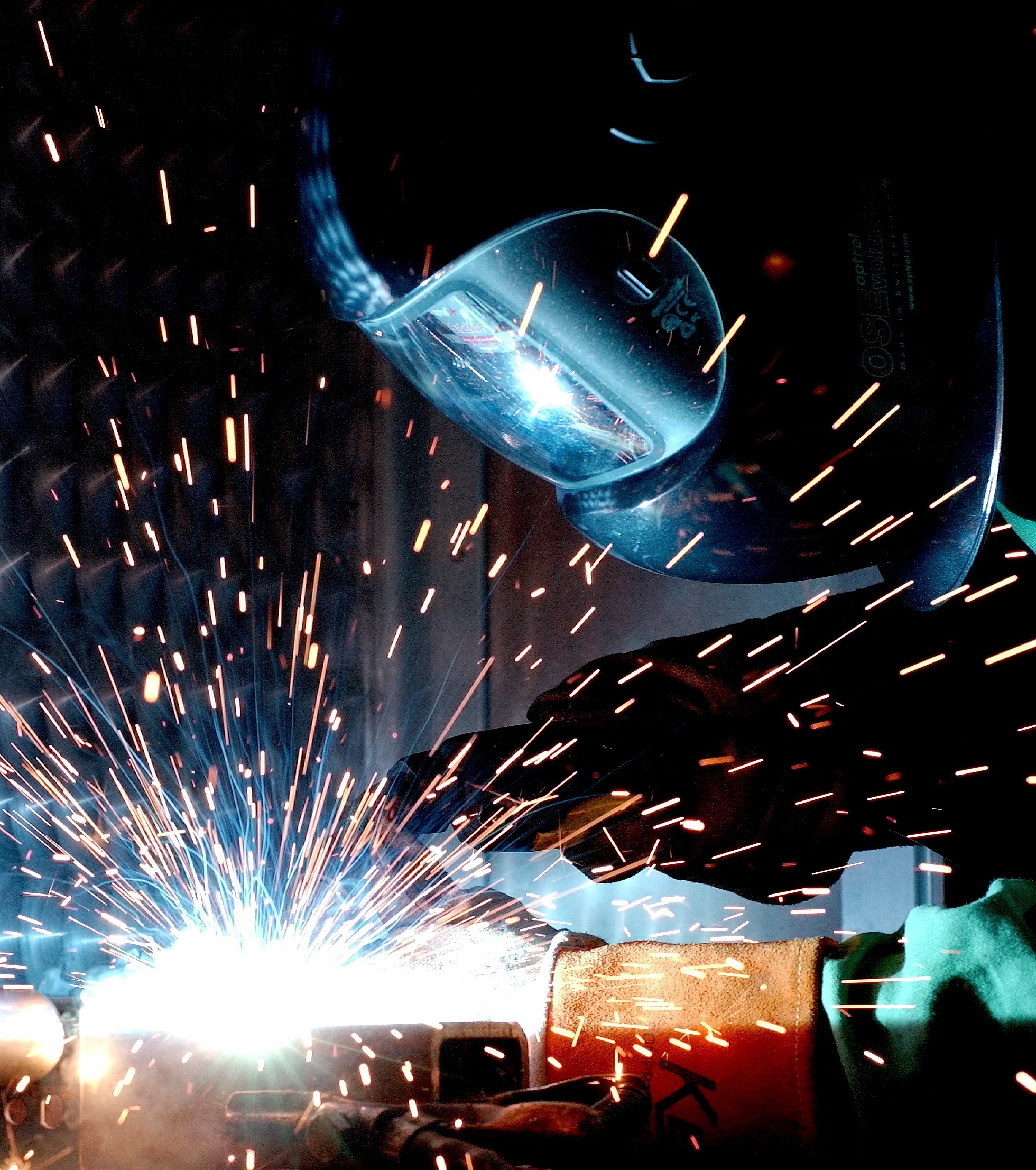Quality Assurance in Sheet Metal Purchasing: Ensuring Excellence+ View more
Quality Assurance in Sheet Metal Purchasing: Ensuring Excellence
+ View more
Date:2023-11-04 11:00
Introduction:
Welcome to our comprehensive guide on quality assurance in sheet metal purchasing. In today's competitive market, maintaining high-quality standards is crucial for businesses seeking success. Whether you are a seasoned purchaser or new to the industry, understanding the importance of quality assurance in sheet metal materials is essential.
The Significance of Quality Assurance in Sheet Metal Purchasing:
Quality assurance plays a pivotal role in ensuring that sheet metal products meet specified requirements and perform reliably in various applications. It involves implementing processes and systems to monitor and control the production and supply chain, from raw material sourcing to finished product delivery. By focusing on quality assurance, businesses can avoid costly defects, rework, and customer dissatisfaction, ultimately enhancing their reputation and profitability.

Supplier Selection and Evaluation:
Selecting reliable suppliers is the foundation for achieving excellent quality in sheet metal materials. Conducting thorough evaluations, including assessing their manufacturing capabilities, certifications, and track record, helps identify trustworthy partners. Building strong relationships with suppliers who prioritize quality and have robust quality management systems in place ensures consistent delivery of high-quality sheet metal materials.
Quality Control Processes:
Implementing effective quality control processes is crucial to ensure the excellence of sheet metal materials. This involves conducting inspections throughout the production cycle, including raw material verification, in-process inspections, and final product checks. Utilizing advanced testing methods, such as non-destructive testing and dimensional analysis, helps detect any defects or deviations from specifications. By closely monitoring quality at each stage, potential issues can be identified and addressed promptly.
Certification and Compliance:
Certifications play a vital role in ensuring the quality and compliance of sheet metal materials. International standards, such as ISO 9001 or AS9100, certify that suppliers adhere to rigorous quality management practices. Additionally, industry-specific certifications ensure compliance with relevant regulations and specifications. Collaborating with certified suppliers instills confidence in the quality of sheet metal materials and demonstrates a commitment to excellence.
Continuous Improvement and Feedback Loop:
To maintain excellence in sheet metal purchasing, continuous improvement is essential. Establishing a feedback loop with suppliers and customers allows for the exchange of valuable insights and suggestions for improvement. Regularly reviewing and analyzing performance metrics, customer feedback, and market trends enables businesses to identify areas for enhancement and implement corrective actions effectively.

Conclusion:
Quality assurance is paramount in sheet metal purchasing to ensure excellence and meet customer expectations. By selecting reliable suppliers, implementing stringent quality control processes, and obtaining necessary certifications, businesses can maintain high-quality standards throughout their supply chain. Embracing continuous improvement and fostering open communication with stakeholders will further enhance the overall quality of sheet metal materials, setting businesses up for success in this competitive industry.
Welcome to our comprehensive guide on quality assurance in sheet metal purchasing. In today's competitive market, maintaining high-quality standards is crucial for businesses seeking success. Whether you are a seasoned purchaser or new to the industry, understanding the importance of quality assurance in sheet metal materials is essential.
The Significance of Quality Assurance in Sheet Metal Purchasing:
Quality assurance plays a pivotal role in ensuring that sheet metal products meet specified requirements and perform reliably in various applications. It involves implementing processes and systems to monitor and control the production and supply chain, from raw material sourcing to finished product delivery. By focusing on quality assurance, businesses can avoid costly defects, rework, and customer dissatisfaction, ultimately enhancing their reputation and profitability.

Supplier Selection and Evaluation:
Selecting reliable suppliers is the foundation for achieving excellent quality in sheet metal materials. Conducting thorough evaluations, including assessing their manufacturing capabilities, certifications, and track record, helps identify trustworthy partners. Building strong relationships with suppliers who prioritize quality and have robust quality management systems in place ensures consistent delivery of high-quality sheet metal materials.
Quality Control Processes:
Implementing effective quality control processes is crucial to ensure the excellence of sheet metal materials. This involves conducting inspections throughout the production cycle, including raw material verification, in-process inspections, and final product checks. Utilizing advanced testing methods, such as non-destructive testing and dimensional analysis, helps detect any defects or deviations from specifications. By closely monitoring quality at each stage, potential issues can be identified and addressed promptly.
Certification and Compliance:
Certifications play a vital role in ensuring the quality and compliance of sheet metal materials. International standards, such as ISO 9001 or AS9100, certify that suppliers adhere to rigorous quality management practices. Additionally, industry-specific certifications ensure compliance with relevant regulations and specifications. Collaborating with certified suppliers instills confidence in the quality of sheet metal materials and demonstrates a commitment to excellence.
Continuous Improvement and Feedback Loop:
To maintain excellence in sheet metal purchasing, continuous improvement is essential. Establishing a feedback loop with suppliers and customers allows for the exchange of valuable insights and suggestions for improvement. Regularly reviewing and analyzing performance metrics, customer feedback, and market trends enables businesses to identify areas for enhancement and implement corrective actions effectively.

Conclusion:
Quality assurance is paramount in sheet metal purchasing to ensure excellence and meet customer expectations. By selecting reliable suppliers, implementing stringent quality control processes, and obtaining necessary certifications, businesses can maintain high-quality standards throughout their supply chain. Embracing continuous improvement and fostering open communication with stakeholders will further enhance the overall quality of sheet metal materials, setting businesses up for success in this competitive industry.
Share to:
Recommend wonderful blog posts

